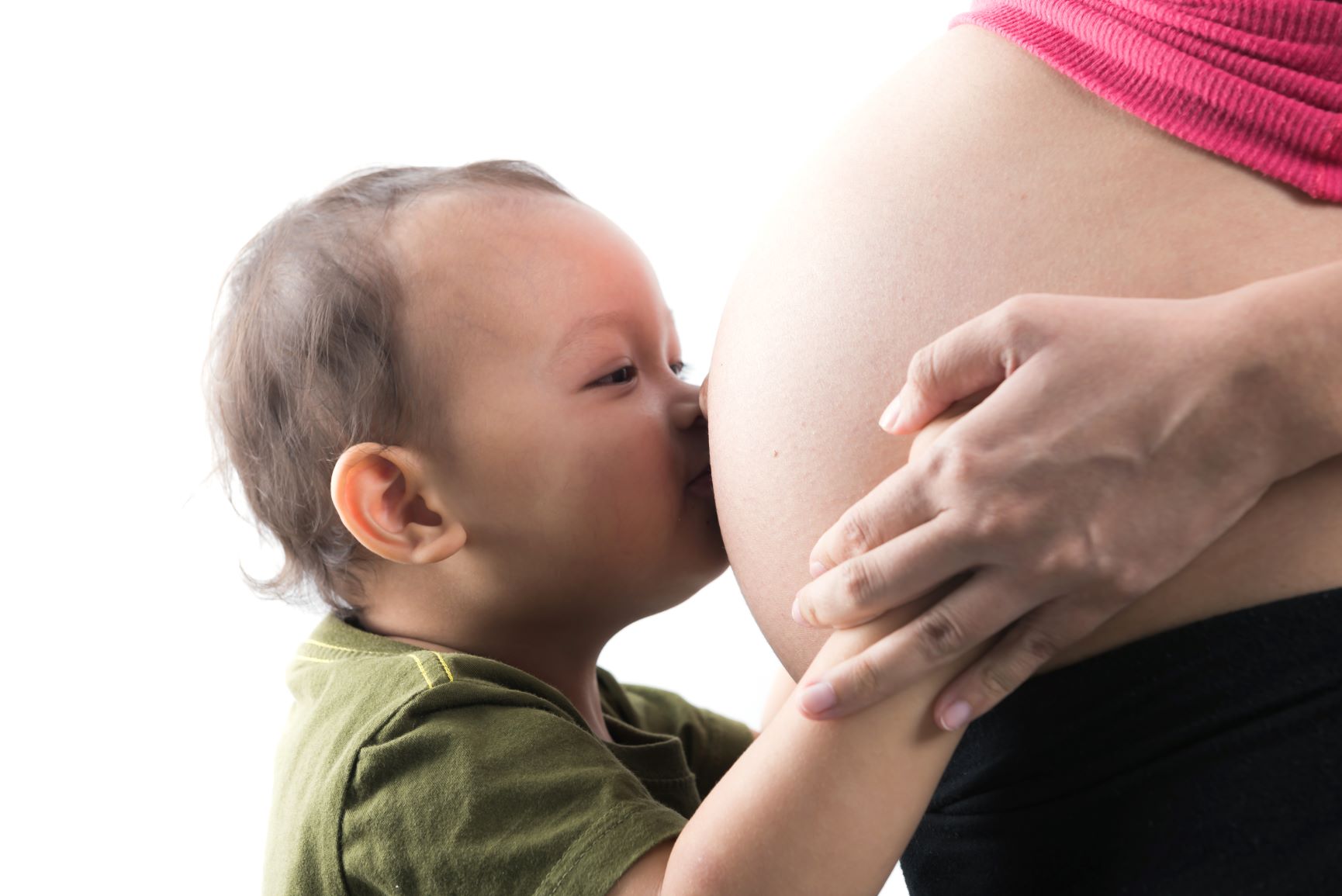You are here
Maternal Mental Health

New and expecting mothers face not only changes to their lifestyles, but also changes to their bodies and hormones. Each woman’s experience will be different. For some, accommodating the changes of pregnancy and having a baby may come easily – they will adopt new routines and their bodies will return to pre-pregnancy shape and chemistry with little difficulty. For others, there may be physical and mental health struggles that arise.
Maternal mental health disorders typically occur in what is called the perinatal period. This includes the prenatal period, or time that a woman is pregnant, and the postpartum period, which is the first year after the baby has been born. Depression is the most common maternal mental health disorder, followed by anxiety disorders (Generalized Anxiety Disorder, Panic Disorder, Obsessive-Compulsive Disorder, Birth-related PTSD), bipolar disorder, and postpartum psychosis.[1]
If you are struggling, you're not alone. Of new or expecting mothers who took a screen at mhascreening.org, 74% scored positive or moderate to severe for a mental health condition.[2]
Learn More
- Pregnancy and Postpartum Disorders
- Depression in Women
- Prevention and Early Intervention in Mental Health: Prenatal to Early Childhood
Take Action in Your Community
Where We Stand
Sources
[1] A report from the California Task Force on the Status of Maternal Mental Health Care. https://www.2020mom.org/ca-task-force-recommendations
[2] Proprietary data from MHAScreening.org (2017-2019).









this page